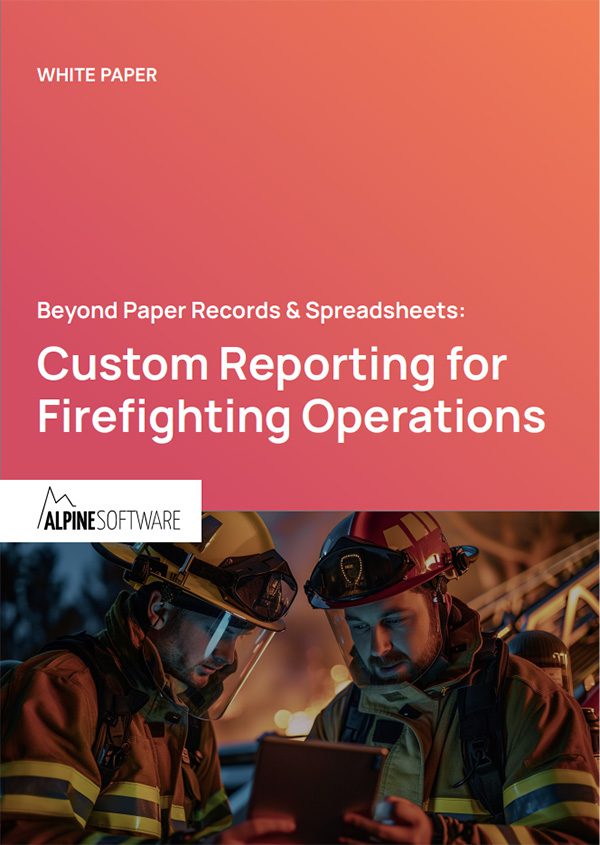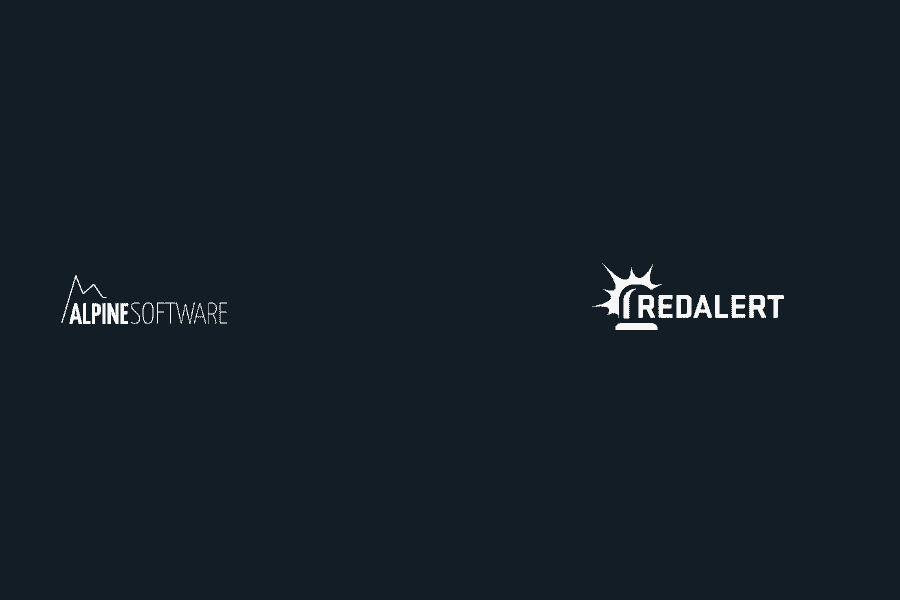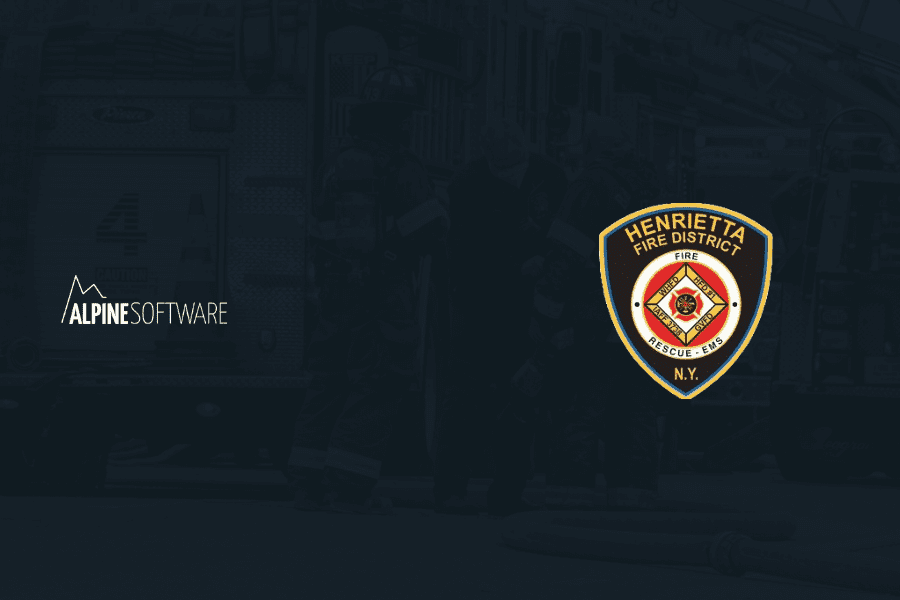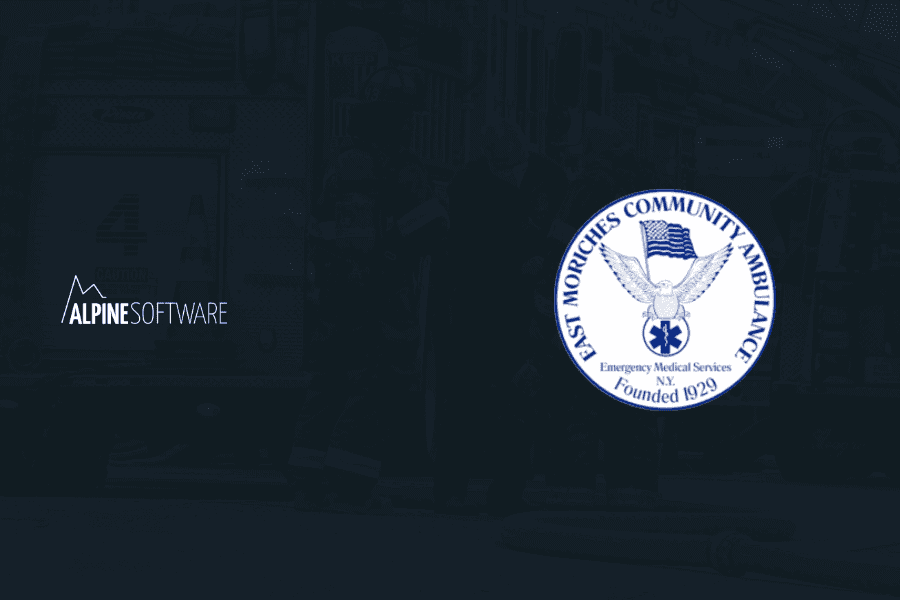Tailored Solutions Ensure Accuracy, Efficiency, and Accountability in Fire Department Operations
Reporting is, to say the least, a big deal for fire departments. As a department leader, it helps you keep track of everything going on. Accurate reporting is also a matter of regulatory compliance. If done right, it’s smooth sailing, but inaccurate reporting and missed deadlines can mean hefty penalties.
Though you may be tempted to remedy your reporting challenges with off-the-shelf solutions, that may not be the best idea. Instead, read on to find out why customized reports are truly the best route to easy compliance.
Understanding Regulatory Compliance for Fire Departments
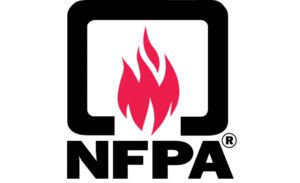 The National Fire Protection Association (NFPA) publishes a code of 300+ safety-related standards. These codes cover several subjects, including (but not limited to) the following:
The National Fire Protection Association (NFPA) publishes a code of 300+ safety-related standards. These codes cover several subjects, including (but not limited to) the following:
- Hazard management
- Fire protection systems
- Fire department operations
- Emergency response procedures
The Occupational Safety and Health Administration (OSHA) also sets fire personnel safety standards. These regulations pertain to what firefighters need for their daily work, namely:

- Safety training
- Protective clothing
- Equipment maintenance
- The proper physical conditions for firefighters
Fire departments also have a host of state and local fire safety regulations and codes that departments must follow.
Some of these agencies, such as OSHA, require reports when a safety incident or loss of life occurs. They also perform periodic inspections to address any current or potential safety hazards. Failure to report safety incidents to OSHA can result in fines and penalties.
Others, like the U.S. Fire Administration, require incident reporting at regular intervals. Your department must include information such as:
- The nature of the call
- Response times
- Mitigation tactics
- Incident results
- Casualties
- Property loss estimates
Errors and issues with timely National Fire Incident Reporting System (NFIRS) reporting can lead to a loss of funding.
The Challenges of Standardized Reporting
Many people regard standardized reporting as the easiest route to compliance. However, that could not be any further from the truth. Every jurisdiction is unique, which means your fire department’s resources, incident types, and response tactics won’t always be the same as another’s. Additionally, state and local reporting requirements also vary.
Standardized reporting software doesn’t allow for flexibility. You won’t be able to record the specific data your department needs, and you may also struggle to meet state and local requirements. Static system designs may not fit into your workflow, either, making reporting particularly cumbersome.
Unfortunately, that can lead to some critical data being overlooked in the collection process. It can also result in inaccuracies when data can’t be recorded correctly. These failures impact departmental accountability and may also cause your department to incur significant penalties down the line.
How Custom Reporting Facilitates Proactive Compliance
Compliance isn’t something you should worry about once it’s a matter of hindsight; it requires constant vigilance, especially when it comes to reporting requirements.
Custom reporting allows you to detect compliance issues before they become a problem. You’ll get alerts when data doesn’t meet the standard, thereby reducing errors that could end up costing you time and money.
Additionally, customized reporting streamlines the audit and inspection process. You’ll know what auditors will be looking for in your specific department. And having access to custom reports allows you to spot possible violations and fix them quickly. You’ll also be able to capture the data needed to satisfy regulatory and fiscal oversight requirements.
Finally, custom reporting will give you access to real-time data monitoring. You can use custom reports to track key performance indicators that matter to you and your department. Whether it’s your response time or incident resolution rate, you’ll have the continuous data you need to evaluate performance and make data-driven improvements.
What Is the Future of Reporting for Fire Departments?
It’s important to realize that regulations rarely stay the same. And when the rules change, so must your reporting. You’ll need a solution that gives you the ability to shift and scale with fluctuating and growing compliance demands. With custom reports, you won’t have to wait for a software company to update their reporting feature. You can simply plug in the fields you need and keep your department moving.
Departments must also keep up with the soon-coming transition from NFIRS 5.0 to the National Emergency Response Information System (NERIS). It’s important that your department partners with a vendor who has or will work to implement NERIS data schemas as they become available.
If you’re looking for a platform that provides both customized reporting and NERIS transition support, RedAlert has got you covered. Download our whitepaper to learn more about how our custom reporting solutions can transform your department’s operations, or schedule a demo to see the power of our custom reports in action.
